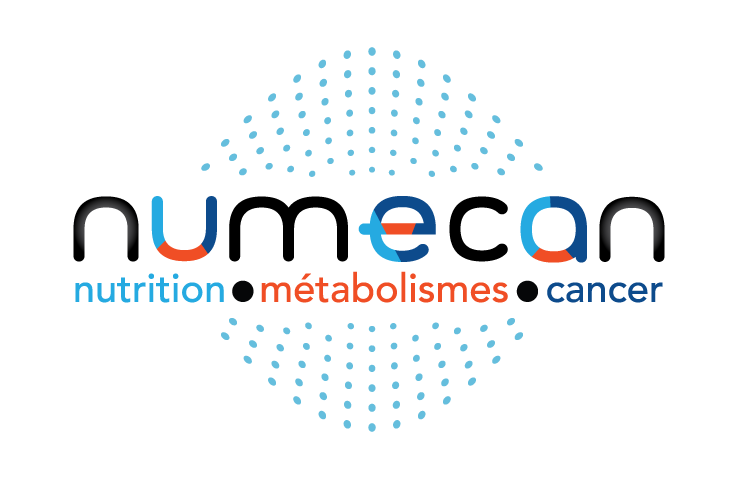Impact of neonatal digestion on the physiology of breast milk bacteria and their immunomodulation capacities
Résumé
Exclusive breastfeeding in the first months of life has protective effects on infant health compared to formula-fed infants including a lower risk of gastrointestinal and respiratory infections and of metabolic and immune disorders. These observable differences in 'health effect' are likely due to differences in composition between breast milk and infant formula. In particular, breast milk contains a wide variety of bacterial species that are present at low dose. This microbial counterpart contributes to the development of the newborn's gut microbiota after digestion of milk matrix. It was also suggested to influence more largely intestinal homeostasis, acting on the gut immunity and intestinal barrier, and thus to contribute to breastmilk health promoting effects [1]. Several studies have investigated the impact of commensal bacteria on gut homeostasis. However, they generally do not include the different phases of digestion, like gastric (G) or intestinal (I) phases, which could have an impact on the physiological state and properties of the bacteria. The aim of this study was to evaluate the impact of newborn digestion on the physiology of breastmilk bacteria and on their mmunomodulatory potential. For this study, six strains representative of the prevalent bacteria in breast milk were selected. The strains were digested in a static in vitro model of digestion, at full-term infant stage, in a milk matrix. Following the G and I phases, bacterial cultivability was measured and the immunomodulation properties were determined through the quantification of IL-10 and TNF-α released by macrophages (THP-1 line: human monocytic cell line differentiated into macrophages). The impact of the G and I digestion phases on both viability and immunomodulation properties was strain-dependent, pointing out the interest to consider these steps for the determination of ingested bacteria properties.
This study is part of the PROLIFIC project and was financially supported by the Régions Bretagne and Pays de Loire and the Milkvalley-BBA consortium.
Domaines
Alimentation et Nutrition
Fichier principal
 PresentationFlash_Alize_Mouchard_NAM2S.pdf (929.14 Ko)
Télécharger le fichier
Poster_CBL_Alize_Mouchard.pdf (1.56 Mo)
Télécharger le fichier
PresentationFlash_Alize_Mouchard_NAM2S.pdf (929.14 Ko)
Télécharger le fichier
Poster_CBL_Alize_Mouchard.pdf (1.56 Mo)
Télécharger le fichier
Origine : Fichiers produits par l'(les) auteur(s)




